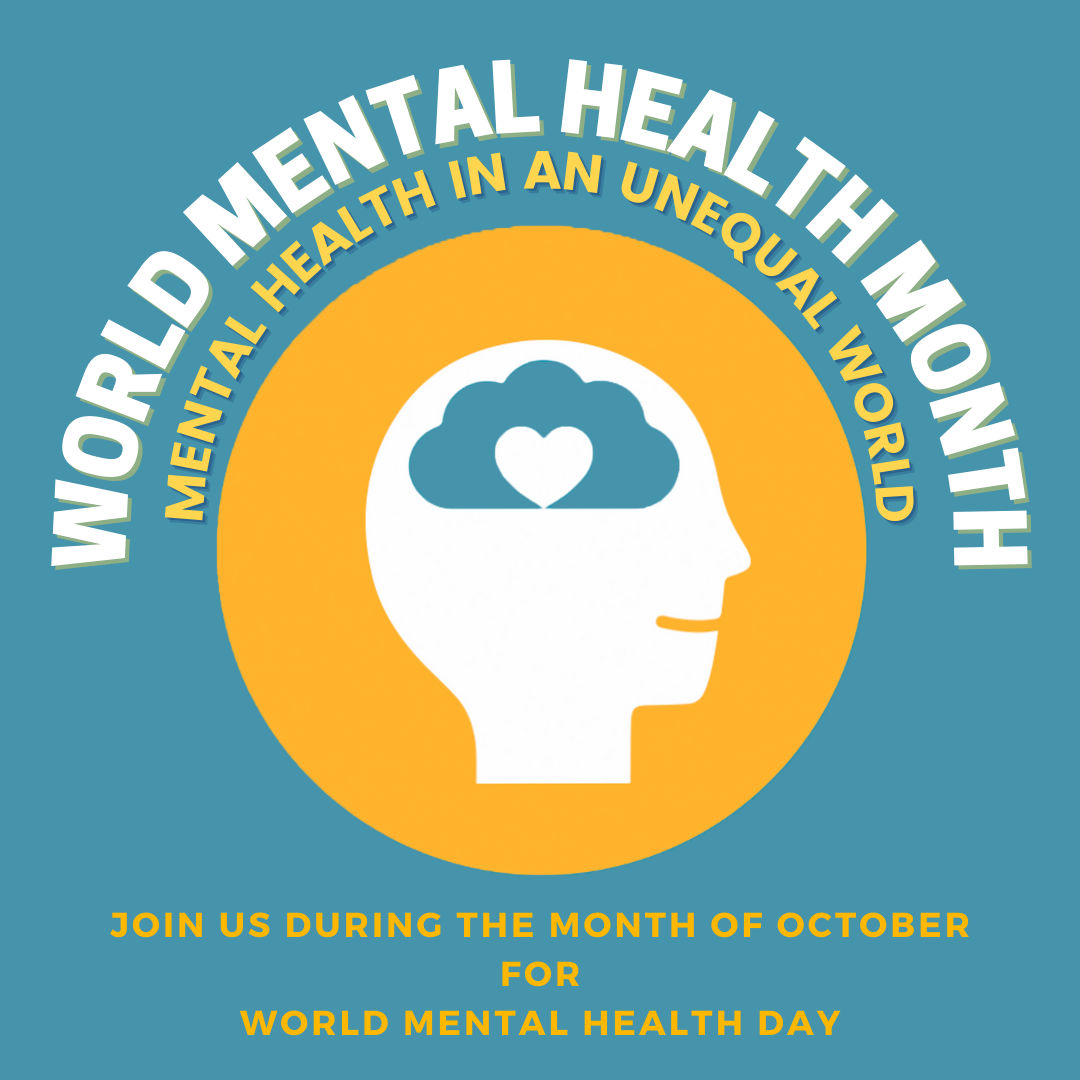Mental Health Awareness Month: Smoking and Harm Reduction. New Article By Joseph Magero.
October is Mental Health Awareness Month. We take this time of year to acknowledge the widespread concerns among the general public, including mental health which is a crucial piece of the puzzle that makes up an individual's overall health and wellness.
Of the general population, only a minority are smokers. In a population of those with a history of depression and a propensity for recurrent depression, a majority are smokers.
Smoking rates among people with mental health disorders are disproportionately higher than average country smoking rates across the globe. The association between cigarette smoking and mental health conditions becomes stronger relative to the severity of the mental health condition, with the highest levels of smoking found in psychiatric inpatients.
Nicotine has mood-altering effects that put people with mental disorders at higher risk of smoking and nicotine addiction. Many of them associate smoking cigarettes with stress relief and relaxation.
Important to note, individuals with mental health conditions die on average 10–20 years earlier than the general population, and smoking is the single largest factor accounting for this difference.
One in every two people who smoke (including those with mental health issues) will die of a smoking-related illness. But many think quitting will worsen their mental health problems or impact their social lives and friendships.
In most cases, people with mental illness lack access to cessation aids to help them quit. This makes it even more challenging for them to quit smoking.
Stopping smoking suddenly through willpower alone or cold turkey is the least effective way to quit. It’s a well-known fact that quitting smoking improves one’s physical health. A recent Cochrane systematic review shows that stopping smoking is linked to improved mental health. The review summarizes evidence from 102 observational studies involving over 165,900 people.
Action to reduce smoking among people with mental health challenges should be a high priority, whether through nicotine replacement therapy or safer nicotine products. No other action would do more to reduce the life expectancy gap among this group.
Pragmatic approaches are absolutely essential to improve outcomes. The lack of cessation services in many low and middle-income countries makes the scale of the task to reduce smoking among people with mental health challenges inherently complex.
With current tobacco control strategies showing meagre results and NRTs unaffordable to most smokers with mental health challenges, the introduction of accessible, market-driven harm reduction measures into the mix is a vital way forward. Reduced-risk products can significantly lower smoking rates among individuals with mental health challenges.
In line with the mental health awareness month, smokers should quit smoking to protect their mental health. Looking to the future, an approach to reducing smoking among persons with mental health issues that includes a wide range of safer nicotine products would provide governments with the tools to significantly improve health outcomes at a minimal cost.





